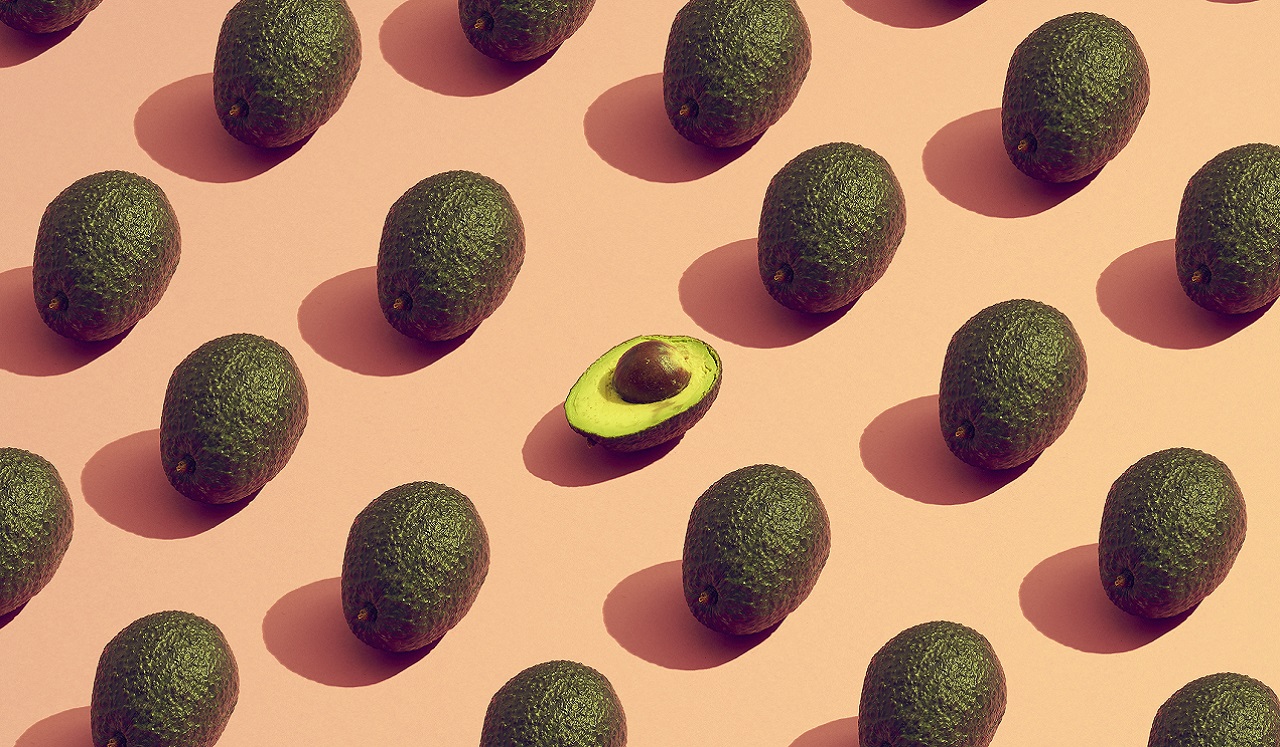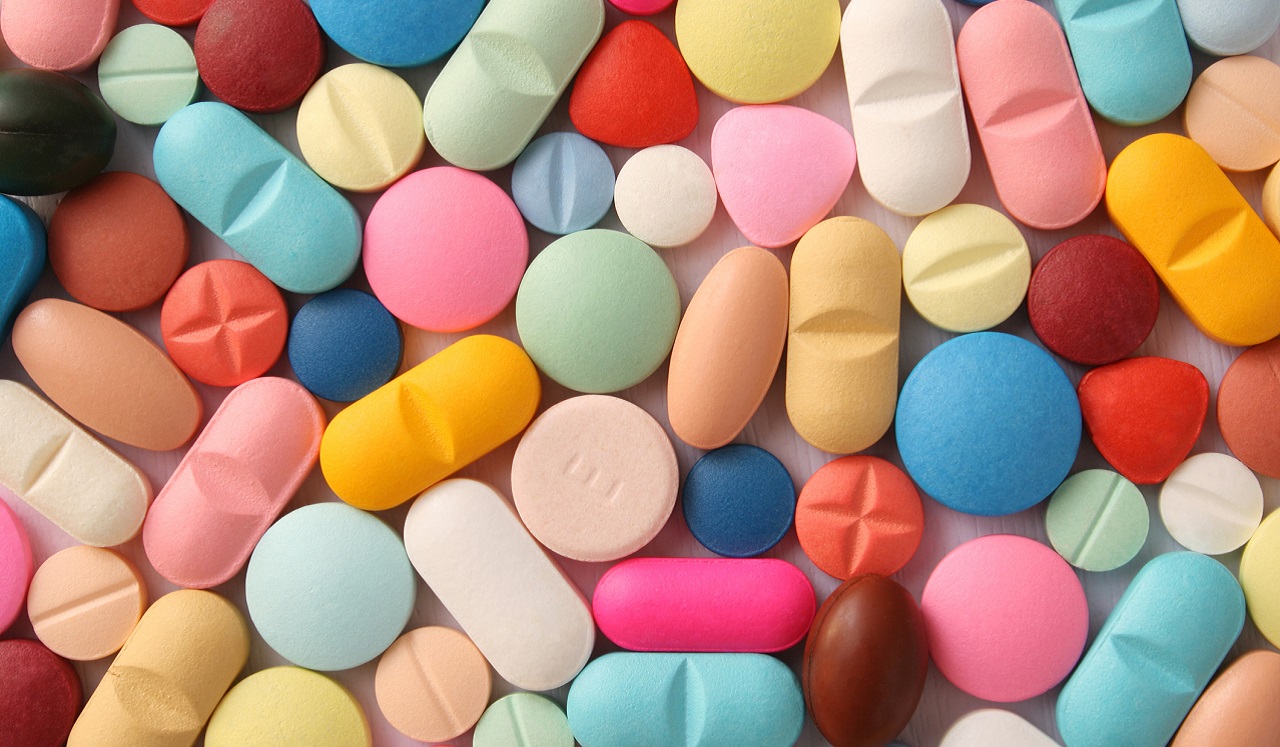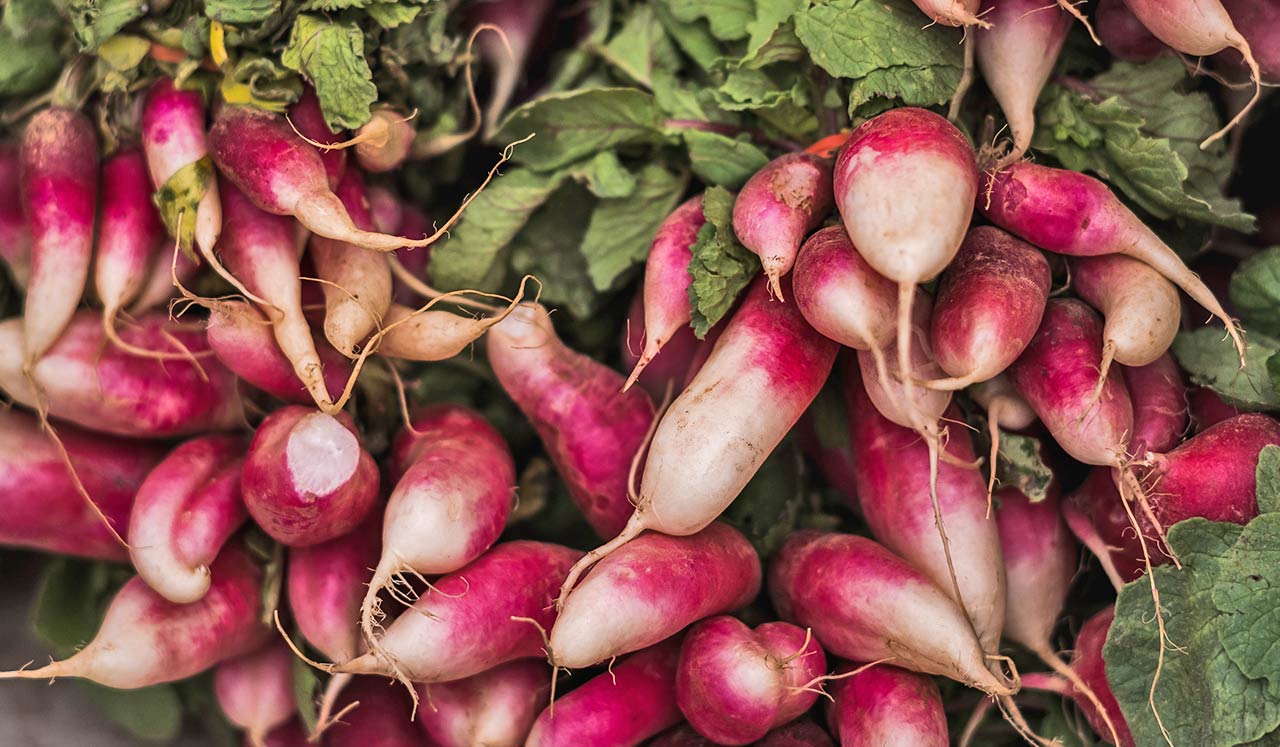You’ve vowed to eat more fruits and vegetables. If only they’d cooperate. Yet even the most Instagram-worthy produce seems to go limp or mushy soon after you get it home.
Before chucking your healthy diet, follow these produce pointers from Sharon Smalling, MPH, RD, LD, Clinical Dietitian Specialist, Memorial Hermann–Texas Medical Center.
It's not a brown thumb that's at fault. It's chemistry — and it's complicated.
Some veggies and fruits just don’t hang well together. So rather than create the perfect fruit bowl, store like with like. Most apples, other than Fuji and Granny Smith, emit the gas ethylene as they ripen. So do avocados, bananas, cantaloupe, kiwi, peaches and tomatoes.
Whether refrigerated or not, some produce, like asparagus, leafy greens, lemons, cucumber, grapes, lettuce, mangos, onions, squash and sweet potatoes, is sensitive to ethylene.
Not only that, but some of the gas-emitting produce is the most susceptible to speeded decay. These include apples, avocados, melons, kiwis, bananas, peppers, peaches and pears.
According to Smalling, in general, non-perforated plastic bags trap gas and speed spoilage.. Gas-creators should be stored in a separate fridge drawer from the gas-sensitive.
In contrast, blueberries, raspberries, strawberries, cherries, green beans, oranges, pineapples, potatoes and tomatoes get along with everything without fading faster.
Don't Rinse and Repeat.
You don’t need fancy food cleansers—or even dish washing soap—to remove dirt and preservatives. Water is enough. However, produce perishes faster—and is more likely to gather mold—if soaked.
Berries should be refrigerated in the perforated containers in which you buy them. But wait till you’re ready to serve them to wash them. Otherwise they’ll get moldy.
And here’s a shocker: You should rinse melons, bananas and other fruits even though you don’t eat their exteriors.
“If you’re going to put a knife through it, you’ve got to wash it or germs transfer from the rind to the flesh,” says Smalling. “I even wash a banana peel because contaminants could be on your hands.”
Just Chill.
The following flourish in the fridge: apricots, berries, cut fruit, figs, grapes, artichokes, beets, Brussels sprouts, cabbage, carrots, celery, corn, cauliflower, herbs, leafy greens, mushrooms, radishes, sprouts, summer squash and green and lima beans. Most herbs should be refrigerated—other than basil, which prefers being stored in water at room temperature.
Mixed greens and lettuces can be left in the containers in which they were sold, as long as there’s some air. But bagged lettuces should be removed and placed in vented containers.
Anything washed and cut needs to be in the refrigerator.
“Once it’s cut, it’s susceptible to air,” Smalling says. “Remove bruises and soft spots before storing fruit.”
Strange as it may sound, whole pineapples also prefer to be refrigerated. But first remove the leaves and, just like grandma’s cake, they should be stored upside down. This recirculates sugar that otherwise settles at the bottom in transit.
Counterintuitive Advice.
Leave the following on your kitchen counter, separated by type: bananas, pears, papayas, persimmons, pomegranates and watermelons. Keep them out of the fridge unless they’re chopped or fully ripened, and then only for a couple of days.
While citrus can survive on counters, it lasts longer when refrigerated, as long as they can breathe. Thus, sealed bags accelerate their expiration.
Allow peaches, nectarines, plums, apricots and mangoes to ripen on counters, and then extend their lives in the fridge.
None should be stored in plastic bags, in sunlight or even under artificial lights, all of which accelerate ripening. Vented containers, in contrast, keep non-refrigerated veggies at their best longer.
Shady Characters.
The following age best in cool, dark haunts: garlic, onions, potatoes,sweet potatoes and tomatoes.
“Tomatoes may not taste as good if you refrigerate them,” adds Smalling.
If you’ve got further questions or need a refresher on fresh foods, Smalling suggests her favorite source for produce preferences: Produce for Better Health Foundation.


